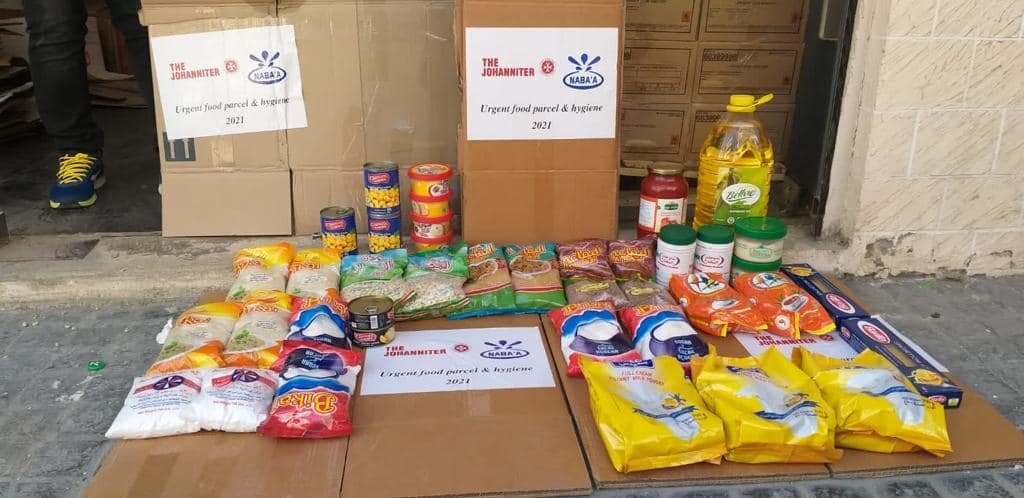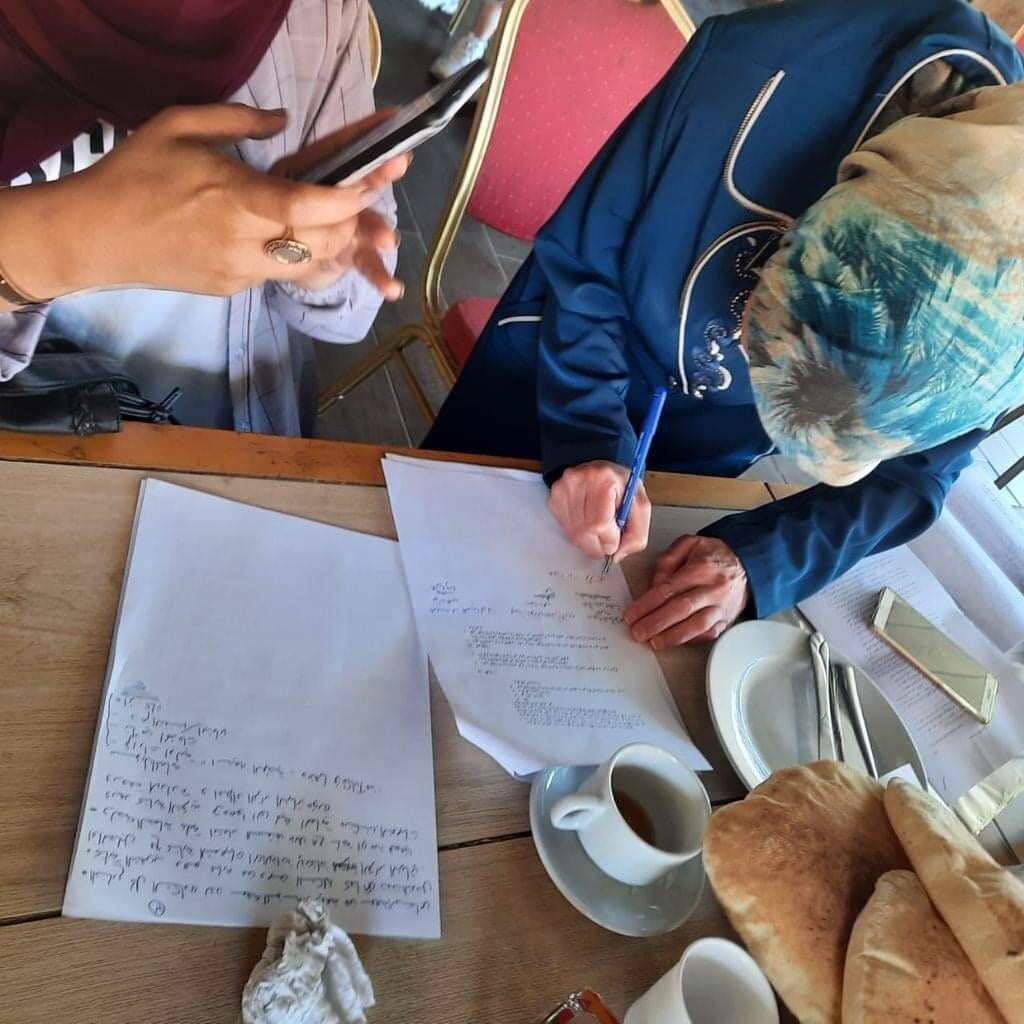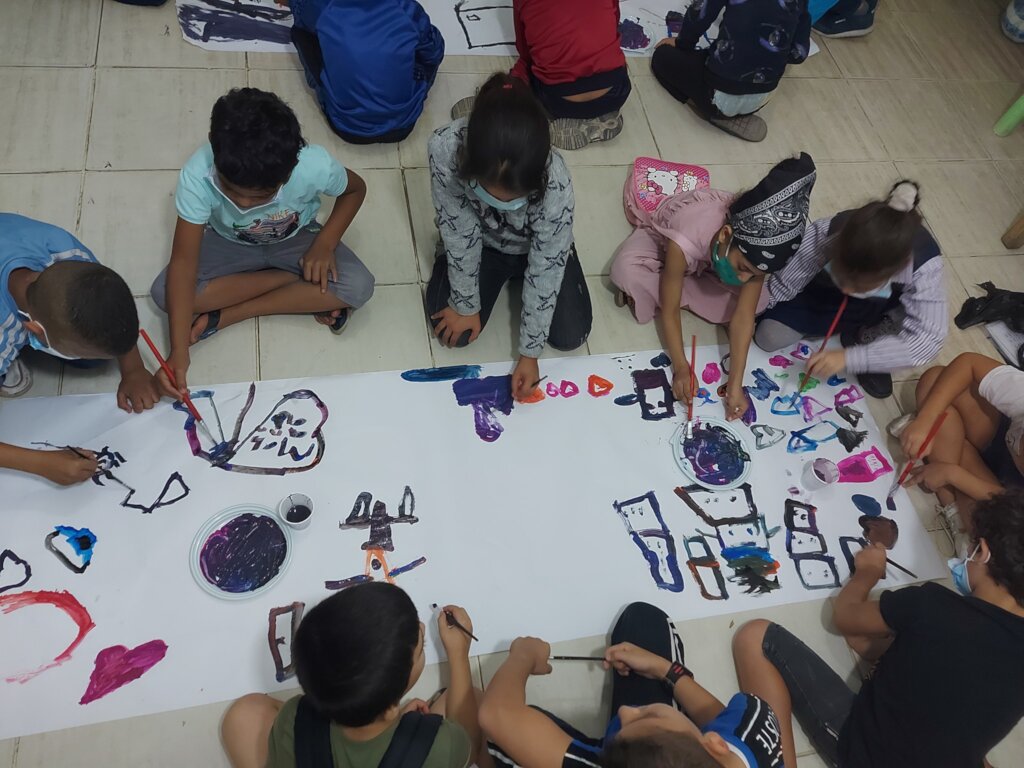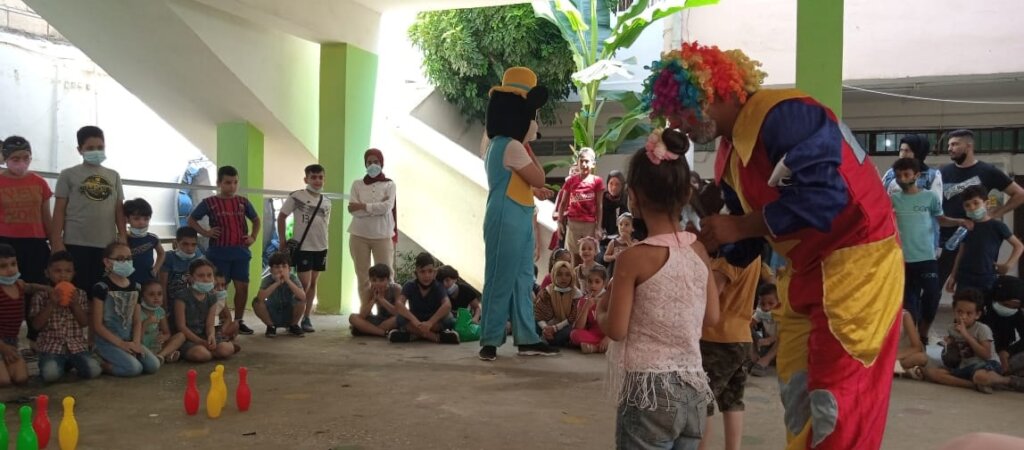By Hiba Hamzi | Program Coordinator
Background during and after the implementation of the project;
Before the Beirut explosion, the following Nabaa’s Assessment showed 75% of the Lebanese were in need of assistance, 33% of the population became unemployed, and more then one million people were living below the poverty line. These numbers were likely to rise especially after Beirut explosion. In Addition Covid-19’s pandemic distracted the whole economic and social system. The Ministry of Health recorded more than 31,9917 cases and 3,616 deaths as of February 8, 2021.
Resulted from the previous assessment conducted by Nabaa directly after Beirut explosion, Lebanon needs a reliable crisis management strategy, people must be encouraged to take care of their physical and mental health, and new initiatives are necessary on several levels.
Nabaa started its intervention directly after the explosion where the resulted psychological symptoms were well managed through several appropriate services. Because the traumatic event triggers the symptoms and there is a chance that the symptoms will "turn on" again in the future, Nabaa’s intervention was extended for another short period of time.
After two months of intervention, followed by the previous intervention period, with children and parents in the Burj Hammoud area, Psychosocial Support activities (such as discharge activities and psychological follow up) led to positive outcomes in decrease of PTSD level among children (75%to 45%). Nabaa’s psychologists, social workers, parents and children evaluated the decrease of PTSD level.
If the trauma was left untreated, one may have experienced constant nightmares, insomnia, anxiety, depression, phobias, drug abuse, panic attacks, anger, irritability, or hopelessness. The individual may also begin to have physical symptoms such as gastrointestinal distress, fast heartbeat, or extreme fatigue.
Corona virus outbreak was the biggest challenge Nabaa faced due to the strict safety guidelines that were taken and followed while conducting home visits and following up with beneficiaries, as well in implementing activities with groups and municipalities to protect our employees and beneficiaries. Therefore, the sessions were provided remotely, especially after the general lock down.
Naba’a Achievements; During the last period, The most highlighted achievements during the last period;
-Art therapy sessions for children aged 6 to 10 years
- Psychosocial support "sessions for children "She deals or “I deal with awareness sessions for girls and boys from 11 to 14 years old
- Psychosocial support sessions for all age groups
Case Study;
The symbol is MA
Date of birth: 1982
Gender: Female
Nationality: Syrian
- Number of family members: 7 (two girls and three boys)
About her life :
The woman lives with her family of 7, two girls and three boys, and her husband in a small rented home. They used to live in Syria but after the war, they left Syria and flee to Lebanon. However, they did not find a decent life where some were bullying them, which made her feel stressed and tense. After they moved from one area to another, they finally settled in Burj Hammoud area, they remained in the area for months before the explosion broke out, as they were financially and psychologically affected. One of her children (10 years) didn’t face any psychological issues until the explosion occurred. After the explosion, he started having hearing problems, fearing everything, and urinary incontinence. This had a negative impact on the mother that led her to cry all day long.
They left the old house due to the destruction took place after Beirut’s blast and moved to a small house. The mother suffers from psychological problems, such as insomnia and eating disorders. Their psychological condition is not stable.
Economic situation:
The economic situation is execrable. They can’t afford purchasing the most basic needs for the children, including food, water, and house rent. Their situation is appalling, especially after Port of Beirut explosion. They also do not have any furniture in the house. They sleep on old mattresses on the floor, they do not have an electricity or internet connection because they cannot pay for these supplies, and the power only comes for two hours. So, during the daylight, the family members use a candle instead of power.
Health status:
The case lived under pressure due to the traumas that she had experienced. She also has two children who are suffering from urinary incontinence. This leads to an even worse economic situation. As she can’t meet the health needs of diapers or medicine.
Social status:
Social status is fine in the family. There are no problems between the mother and her spouse, or even with the neighbors. On the contrary, the neighbors like and defend them, especially when the landlord threatens to evict them. The neighbors didn’t allow such incident to happen, and talked to the owner to give them some time to pay rent.
The issues she suffers from:
Economic problems: expelling the family from the house - their inability to meet the needs of the house, such as food, drink, clothing, or even medicine.
Psychological problems, the most important of which are: insomnia, eating disorders, sadness, anxiety, fear, self-blame.
Intervention:
• Home visits to consolidate the relationship
• Transfer to cash assistance to pay the rent and was assisted with amount of $ 150
• Giving the family food assistance (food parcels – hygiene kits)
• Individual psychological support activities to alleviate the stress
• Psychological support activities to be shared with local community
- Transfer the case to a psychologist in order to release stress
Recommendations:
- Follow up on psychological support sessions and awareness sessions
- Follow-up on psychosocial support activities
- Follow up with a psychologist
- Follow up on her children psychologically
- Home visit
- Transfer children to psychological support activities
Links:
By Hiba Hamzi | Program Coordinator
By Hiba Hamzi | Program Coordinator
Project reports on GlobalGiving are posted directly to globalgiving.org by Project Leaders as they are completed, generally every 3-4 months. To protect the integrity of these documents, GlobalGiving does not alter them; therefore you may find some language or formatting issues.
If you donate to this project or have donated to this project, you can receive an email when this project posts a report. You can also subscribe for reports without donating.
Support this important cause by creating a personalized fundraising page.
Start a Fundraiser


